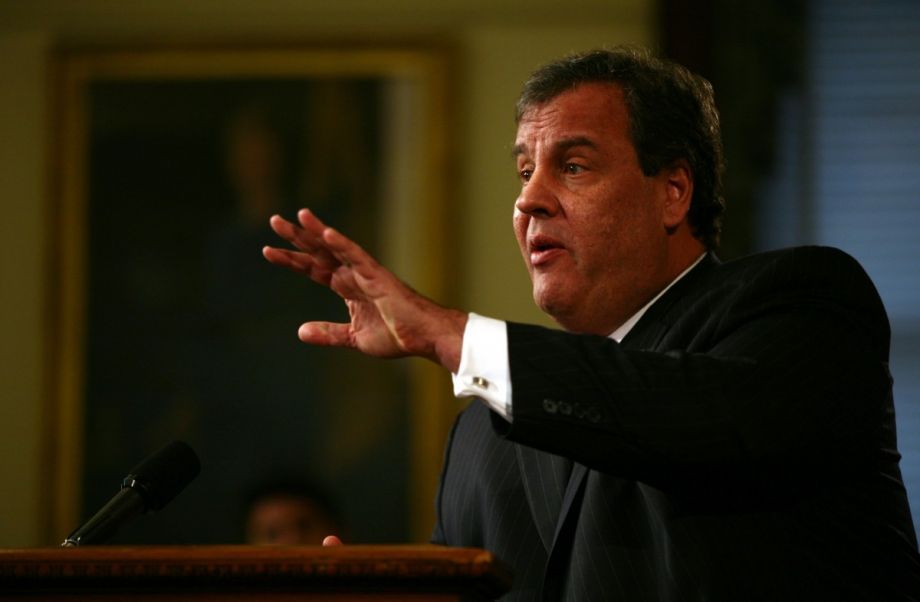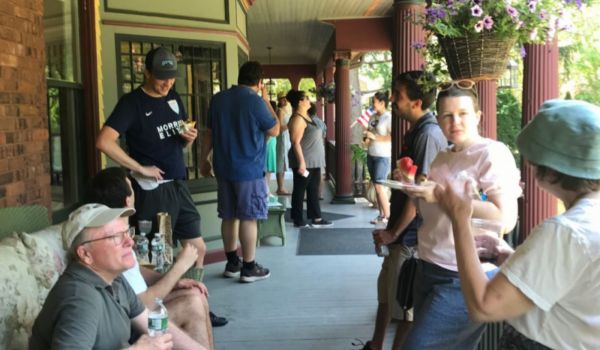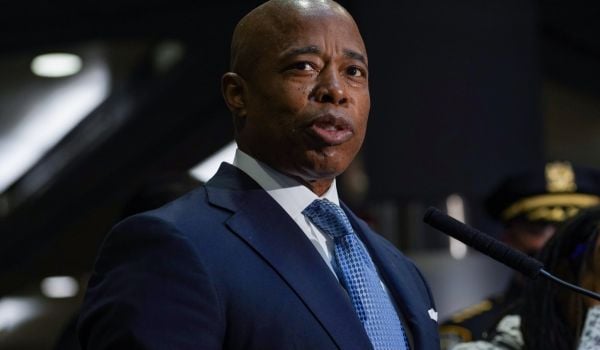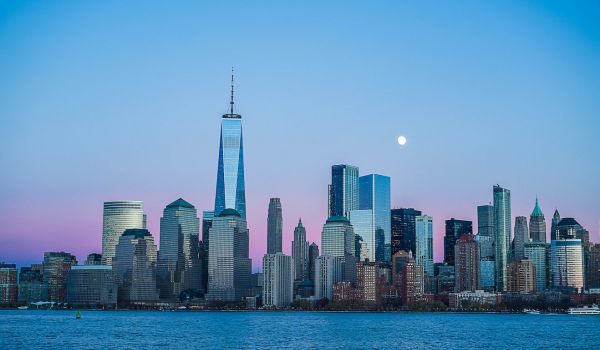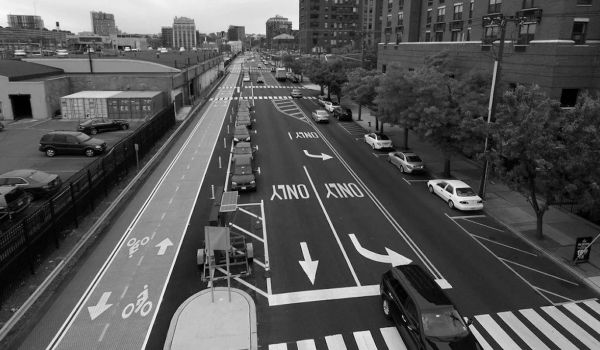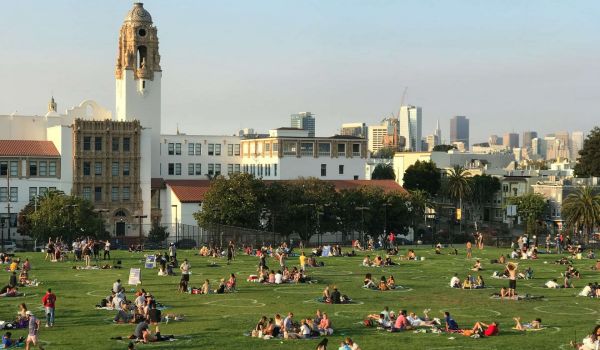Chris Christie has always practiced a decidedly hands-on and targeted brand of politics, from his days as a hugely successful fundraiser for George W. Bush’s 2000 campaign to his high-profile prosecutions of corrupt politicians as U.S. attorney. Now governor of New Jersey, his shouting matches with teachers and others have been strategically captured on camera and uploaded to YouTube. So perhaps it’s not surprising that he and those around him are coming to appreciate, belatedly, that lying about data is playing with political fire.
In case you haven’t been following the ins-and-outs of this Garden State saga: Back in September, officials from the Port Authority of New York and New Jersey winnowed down a set of access roads leading to the George Washington Bridge from three lanes to one. Eventually, suspicions arose that the move was political payback. The Democratic mayor of Fort Lee, a city of 36,000 people in the shadow of the bridge, had refused to endorse Christie in his 2013 reelection campaign. The governor’s response, some alleged, was to turn Fort Lee into a parking lot. Administration officials, meanwhile, said the closures were the result of a traffic study.
Christie isn’t ready to give up on the idea that there might have really been a study, even though, this morning, he fired his deputy chief of staff for emailing a colleague, “Time for some traffic problems in Fort Lee.” In his seemingly endless press conference earlier today, the governor held out hope. “There still may have been a traffic study that now has political overtones to it as well,” he said. “I don’t know the answer to that.” But this whole fiasco goes back to the fact that pretty much no one else in New Jersey — including local reporters or elected officials — bought the idea that September’s hours-long traffic jams were the result of a random study of “the world’s busiest bridge.”
Few things are as intimately known to the people of New Jersey as traffic. It’s a near-constant presence, the way snow is to Alaskans. Crossing the GWB can be nightmarish ordinarily, so when a few lanes closed on a handful of weekdays, people noticed. And they didn’t buy the official explanations. At a hearing in late November, one of Christie’s people at the Port Authority argued that shutting down the lanes from Fort Lee was the smartest way of figuring out if closures would create delays. He even had maps.
Afterward, a former Port Authority official who runs a transportation think tank at Rutgers told the Bergen Record that this approach didn’t make any sense. Computer-based modeling, he said, “is the best practice in a circumstance like this, where there could be serious traffic impacts.” E-ZPass booths at the bridge provide a wealth of data available to the Port Authority, and human toll collectors keep tabs on those paying cash. The general manager of the George Washington Bridge testified before the State Assembly in early December that teams inside the agency had looked at the real-time data produced during the September shutdowns. But when asked by Assemblywoman Linda Stender of Scotch Plains, “So this traffic — so-called traffic study — you said that they were gathering data. Has there been a traffic study presented anywhere as a result of that closure that week?,” the general manager responded, “I have not seen anything, no.” He conceded that traffic studies generally produce actual studies. This one hadn’t.
No data or studies to allay suspicions have been forthcoming in the weeks since, and local reporters and legislators stayed on the trail. As an end result, Christie had to get up before the people of New Jersey, apologize for what his own people had done, and use the word “lie” at least half a dozen times.

Nancy Scola is a Washington, DC-based journalist whose work tends to focus on the intersections of technology, politics, and public policy. Shortly after returning from Havana she started as a tech reporter at POLITICO.

